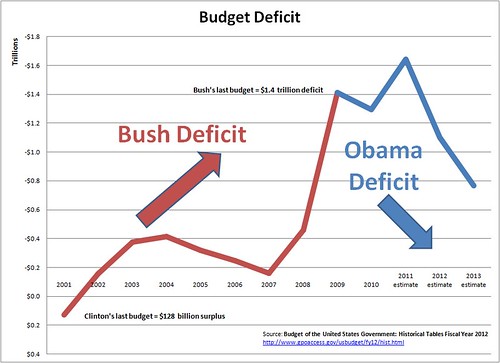Sorry to post such depressing news, but the facts must be faced and solutions must be found.
More importantly, how do we climb out of this horrible hole?


If business has been slow in the hobby it is because the poverty rate has climbed to 15.1% which is the highest it has been since these numbers have been tracked.This hole hasn't really changed much. The difference today is the political season and short memories.
Sorry to post such depressing news, but the facts must be faced and solutions must be found.
More importantly, how do we climb out of this horrible hole?Originally Posted by Fast Gunn
Vote for the Republican of your choice.
Change is right around the corner. Originally Posted by TheDaliLama

Vote for a Republican?You have to excuse these guys. They have very short memories! It's almost as if the two unfunded wars that eventually led to the worst financial meltdown since the Great Depression (9/15/2008) never occurred.
You must have a very short memory.
The Republican from Crawford Texas is the one responsible for at least 80% of the hole we are in.
. . . Any other Republican will only carry us further down that road.
Originally Posted by Fast Gunn


You have to excuse these guys. They have very short memories! It's almost as if the two unfunded wars that eventually led to the worst financial meltdown since the Great Depression (9/15/2008) never occurred.
If their dicks are no longer than their memories, I will guarantee you they ain't gettin' no pussy! Originally Posted by bigtex
You have to excuse these guys. They have very short memories! It's almost as if the two unfunded wars that eventually led to the worst financial meltdown since the Great Depression (9/15/2008) never occurred.you donkeys keep talking about "two unfunded wars"
If their dicks are no longer than their memories, I will guarantee you they ain't gettin' no pussy! Originally Posted by bigtex
every night I read these threads and it is the same bullshitNext thing you know, they’ll be blaming Bush for making them vote for Obama!
Blame Bush Blame Bush Blame Bush Blame Bush Originally Posted by cptjohnstone

If business has been slow in the hobby it is because the poverty rate has climbed to 15.1% which is the highest it has been since these numbers have been tracked.When did that happen? No doubt that was part of the "change" you were promised.
Originally Posted by Fast Gunn